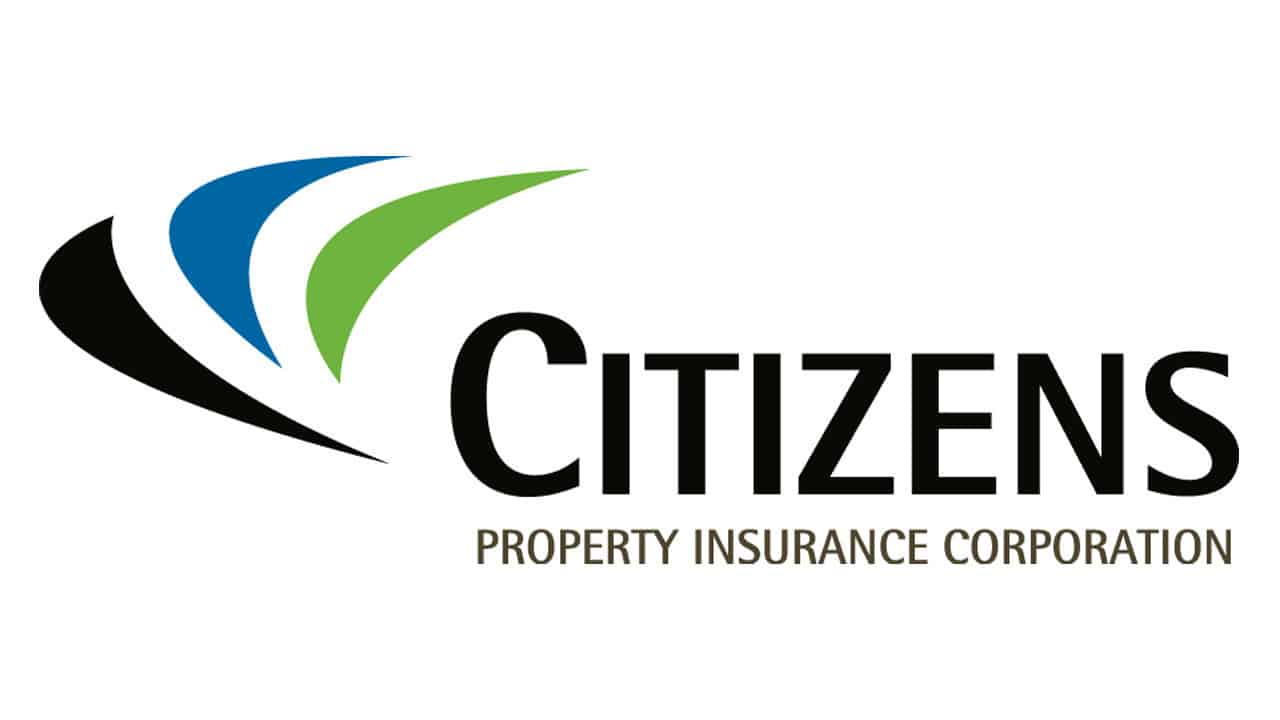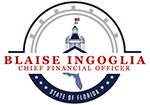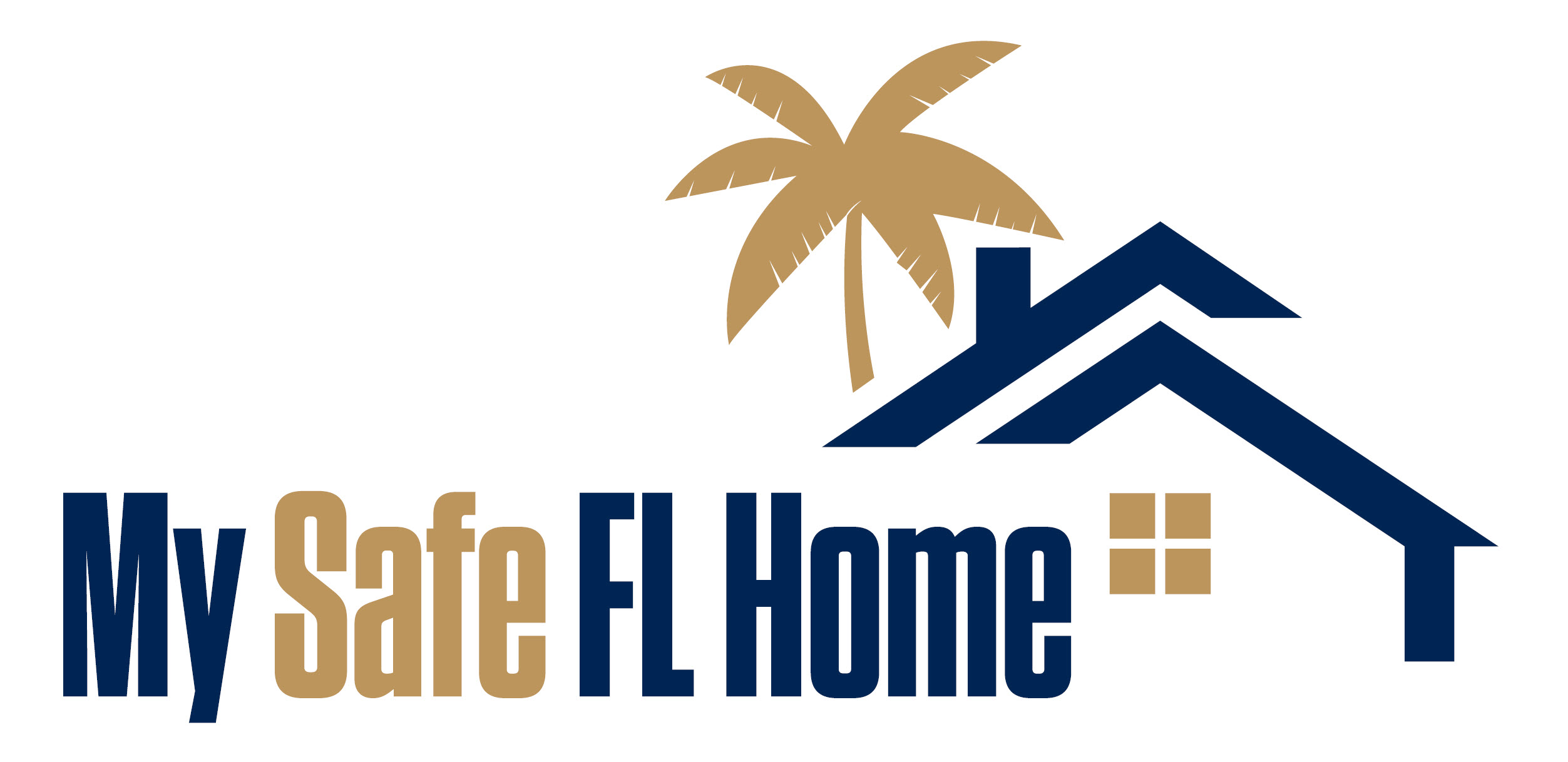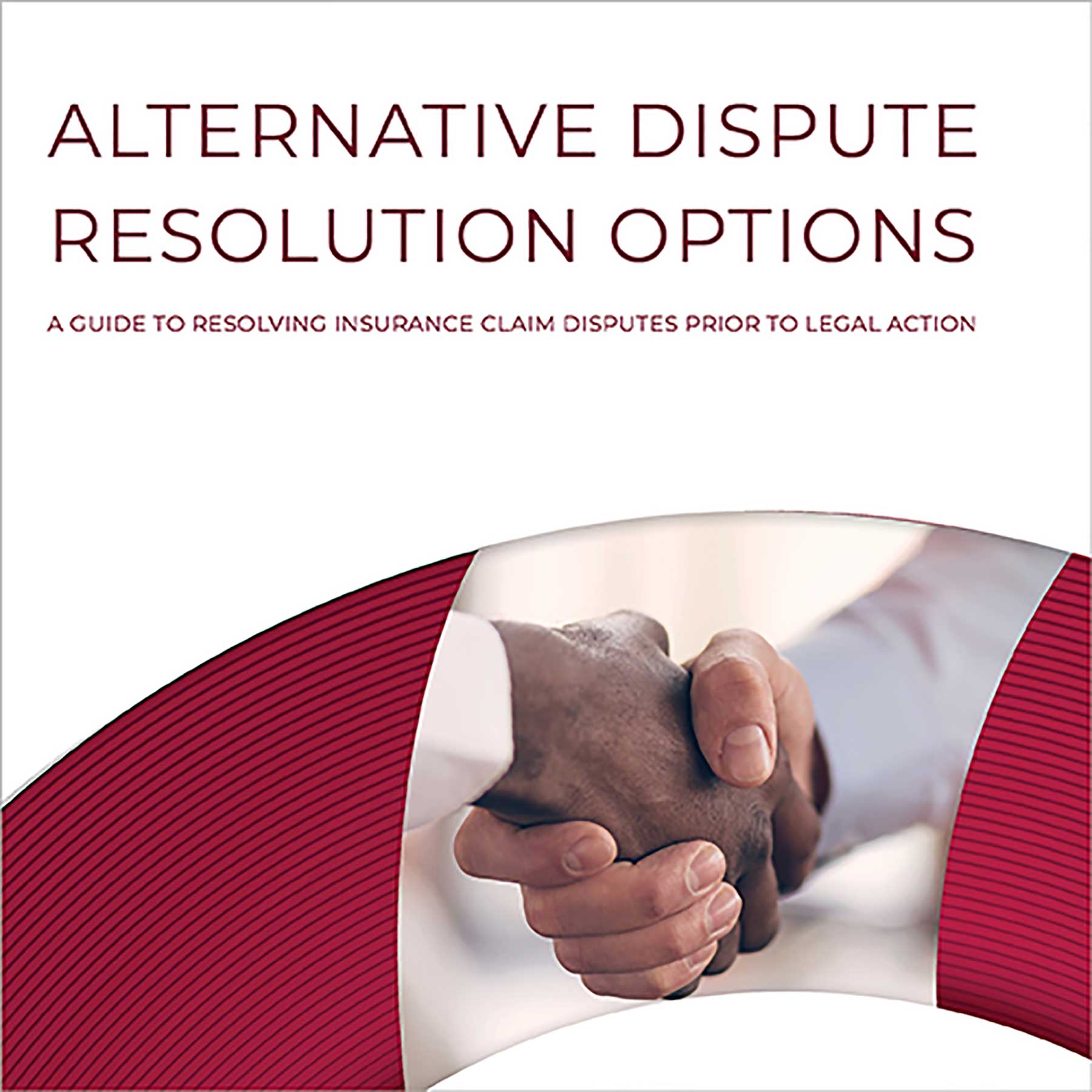
Recent Property Insurance Changes
2025 Legislative Session
2024 Legislative Session
2023 Legislative Session
May 2022 Special Session
December 2022 Special Session
Information in this summary is derived from analyses conducted by the Florida Legislature, LobbyTools and bill language.
2025 Legislative Session
Senate Bill 948 – Flood Disclosures
Senate Bill 948 strengthens flood risk disclosure requirements for landlords, property sellers, condominium developers, cooperative developers, and mobile home park owners, and provides options for tenants or lessees who experience flood damage.
This bill requires landlords of residential properties, including mobile home park owners, to provide prospective tenants with a flood disclosure prior to or when a rental agreement is executed.
- Flood disclosures must include any knowledge of flooding damage that has occurred during the landlord’s ownership of the property including insurance claims filed and assistance that was received to repair damages.
- If a landlord does not provide the required flood disclosure and if the tenant suffers a substantial loss or damage to personal property because of flooding, the tenant may terminate the rental agreement. The termination must be in writing and the tenant must vacate the property within 30 days after the damage or loss.
- The landlord must provide a prorated refund.
This bill adds a requirement that developers are required to provide flood disclosures to renters and purchasers.
House Bill 393 – My Safe Florida Condominium Pilot Program
House Bill 393 changes condominium association requirements for participation in the My Safe Florida Condominium Pilot Program.
- The bill prohibits a condominium association from applying for a hurricane mitigation inspection or hurricane mitigation grant unless the association has complied with milestone inspection requirements and structural integrity reserve requirements.
- In order to apply for a hurricane mitigation grant, the association must obtain the approval of at least 75 percent of the unit owners who reside in the building that is the subject of the grant.
- Program eligibility is restricted to condominium buildings and structures that are three or more stories in height and contain at least two single-family dwellings.
- All grants under the Program must be used towards the actual cost of the project.
- Grant funds may only be awarded for water intrusion mitigation devices or mitigation improvements that will result in a mitigation credit, discount, or other rate reduction.
- Improvements must be identified in the final hurricane mitigation inspection for an association to receive grant funds.
- When recommended by a hurricane mitigation inspection report, grants for eligible associations may be used for:
- Opening protection improvements such as exterior and garage doors, windows and skylights.
- Roof improvements including reinforcing roof-to-wall and roof-deck connections, replacing roof coverings, and installation of secondary water resistance for the roof.
- Opening protection improvements such as exterior and garage doors, windows and skylights.
House Bill 715 – Roofing Services
House Bill 715 expands the scope of work for licensed roofing contractors regarding roof-to-wall connections for certain structures, changes roofing contract cancellation provisions and notice requirements.
Roof-to-Wall Connections
This bill expands the scope of work for licensed roofing contractors to include the evaluation and enhancement of roof-to-wall connections for structures with wood roof decking as described in the Florida Building Code.
- Enhancements are required to be done in conjunction with a roof covering replacement or repair.
- Enhancements must be installed and inspected in accordance with the Uniform Mitigation Verification Inspection Form, the Florida Building Code, or using specific engineering that exceeds those requirements.
Roofing Contract Cancellations
This bill narrows the time-period that a residential property owner is allowed to cancel a roofing contract without penalty.
- A 10-day cancellation period is only available if the contract is entered into within 180 days of an event that is the subject of a declaration of a state of emergency and the residential property is located within the geographic area for which the declaration of the state of emergency applies.
Roofing Contract Notice Requirements
- Advises the property owner to review their property insurance policy for information regarding insurance claims, coverage, deductibles, and policy terms that may apply to the repair or replacement of the roof.
- Advises the property owner that they may cancel the contract without penalty or obligation within 10 days after the execution of the contract or by the official start date, whichever comes first, if the contract was entered into within 180 days of events resulting in the declaration of a state of emergency by the Governor.
House Bill 913 – Condominium and Cooperative Associations
House Bill 913 strengthens oversight and standards for condominium and cooperative associations, including licensing, conflict disclosures, funding of reserves, mandatory inspections, insurance requirements, and enhanced recordkeeping requirements. Below are highlighted changes:
- The bill requires replacement value coverage for condominium association insurance policies with an amount that is determined, at minimum, every three years with a new or updated appraisal.
- Includes new prohibitions, licensing and disclosure requirements for community association managers.
- Updates rules for association websites, including timely posting of meeting minutes, video conference recordings, bids, and financial reports, while expanding electronic voting options.
- Amends reserve requirements, rules for pooled reserves, structural integrity reserve studies, and milestone inspections.
- Clarifies state regulation reporting requirements, enhances requirements for board member education and certification, and requires more transparent disclosures and financial reporting by condominium associations.
House Bill 1549 – Financial Services
House Bill 1549 makes several changes related to financial institutions, including regulatory procedures for banks and credit unions. The insurance-related provisions revise surplus lines insurance requirements and regulatory provisions.
Surplus Lines
- This bill removes the requirement that surplus lines insurance agents make a diligent effort to obtain coverage through an authorized insurance company prior to placing coverage with a surplus lines insurance company.
- Surplus lines insurance agents were required to make a diligent effort to obtain coverage through an authorized insurance company and document those efforts. Additionally, the insured or policyholder is required to sign a disclosure notice acknowledging their understanding that they are obtaining coverage through a surplus lines insurance company.
- This bill also requires the disclosure notice to include the following statement: “Surplus lines insurers' policy rates and forms are not approved by any Florida regulatory agency”.
- This bill adds that confirmation of the insured’s understanding regarding available coverage options is obtained through the insured signing the disclosure notice provided by the surplus lines insurance agent.
2024 Legislative Session
Senate Bill 7028 – My Safe Florida Home Program
Senate Bill 7028 makes the following changes to the My Safe Florida Home Program:
- Prioritizes the review and approval of applications based on the following income and age criteria.
- Applications from low-income homeowners as defined in s. 420.0004, Florida Statutes, who are at least 60 years old.
- Applications from all other low-income homeowners.
- Applications from moderate-income homeowners, as defined in s. 420.0004, Florida Statutes, who are at least 60 years old.
- Applications from all other moderate-income homeowners, as defined in s. 420.0004, Florida Statutes.
- All other applications.
- Allows eligible applicants to receive an inspection without being eligible for a grant.
- Requires participants to finalize construction within one year of grant approval or to request an extension.
- Allocates an additional $200 million for the program.
As included in House Bill 988, the following information from My Safe Florida Home Program applications is confidential:
- Applicant's name
- Mailing address, excluding city and zip code
- Phone number
- Email address
- Detailed description and pictures of the applicant's home
House Bill 293 – Hurricane Protections for Homeowners’ Associations
House Bill 293 requires that homeowners’ associations adopt hurricane protection specifications that comply with building codes.
- Requires that homeowners’ association boards or committees develop hurricane protection specifications for structures within the association.
- The homeowners’ association may adopt specifications that maintain uniformity such as color or style of the hurricane protection products.
- Prohibits homeowners’ associations from denying applications from home or unit owners for the installation, enhancement, or replacement of hurricane protections if the owner is in compliance with the association specifications.
- Hurricane protection includes, but is not limited to:
- Certain roof systems that are recognized by the Florida Building Code
- Permanent fixed storm shutters
- Roll-down track storm shutters
- Impact-resistant doors and windows
- Polycarbonate panels
- Reinforced garage doors
- Erosion controls
- Exterior fixed generators
- Fuel storage tanks
- Other hurricane protection products used to preserve and protect structures from hurricane damage
House Bill 939 – Consumer Protection
House Bill 939 makes the following property insurance-related changes:
Roofing Contract Cancellation
When a contract to replace or repair a roof was entered into as a result of a declaration of a state of emergency:
- A residential property owner is allowed to cancel a contract if no more than 10 days have elapsed since signing the contract or by the official start date, whichever comes first.
- The contractor executing the contract must include or add as an attachment the following language, in bold type of at least 18 points, immediately before the space reserved for the signature of the residential property owner:
"You, the residential property owner, may cancel this contract without penalty or obligation within 10 days after the execution of the contract or by the official start date, whichever comes first, because this contract was entered into during a state of emergency by the Governor. The official start date is the date on which work that includes the installation of materials that will be included in the final work on the roof commences, a final permit has been issued, or a temporary repair to the roof covering or roof system has been made in compliance with the Florida Building Code."
- The residential property owner must send the notice of cancellation by certified mail, return receipt requested, or other form of mailing that provides proof, at the address specified in the contract.
Public Adjuster Contract
Notice of Change in Policy Terms
Notice of Claim for Loss Assessment Coverage
- Within 1 year after the date of loss; or
- Within 90 days after the date when the condominium association or its governing board voted to levy an assessment resulting from a covered loss.
House Bill 989 – Department of Financial Services
House Bill 989 makes several changes related to the Department of Financial Services, including the Department’s oversight of insurance professionals and consumer protections.
Consumer Complaints
- Eligible surplus lines insurance companies must respond to consumer complaints within 14 days. Previously surplus lines insurance companies were not required to respond to the Department, although most did. If an insurance company does not respond, the Department can impose an administrative penalty of up to $5,000 per violation per company.
- Requires an insurance company to provide the Department with an email address to send consumer complaints and to designate a contact person for escalated complaints.
Adjusters
- Requires licensed adjusters to identify themselves in any advertisement, solicitation, or written document based on the adjuster appointment type held.
- Prohibits an adjuster who has had their licensed revoked or suspended from participating in any part of an insurance claim or in the insurance claims adjusting process, including estimating, completing, filing, negotiating, appraising, mediating, umpiring, or effecting settlement of a claim for loss or damage covered under an insurance contract. A person who provides these services with a revoked or suspended license acts as an unlicensed adjuster.
House Bill 1029 - My Safe Florida Condominium Pilot Program
House Bill 1029 establishes the My Safe Florida Condominium Pilot Program.
- Provides inspections and grants for condominium associations to mitigate hurricane damage and outlines the process and requirements.
- Outlines the types of improvements eligible for grants, including opening protection and roof reinforcement.
- Requires condominium associations to match grant funds and limits the total grant amount available per association, based on the type of project.
- The state’s budget allocates $30 million for the program.
Eligibility and Voting
- The properties must be located within 15 miles of a coastline to be eligible.
- In order to apply for the grant, an association must receive both of the following:
- Approval by a majority vote of the board of administration or a majority vote of the total voting interests of the association to participate in a mitigation inspection.
- A unanimous vote of all unit owners within the structure or building that is the subject of the mitigation grant.
- A unit owner may participate in the pilot program through a mitigation grant awarded to the association but may not participate individually in the pilot program.
- Before a vote of the unit owners may be taken, the association must provide the unit owners with a clear disclosure of the pilot program on a form created by the Department of Financial Services. The president and the treasurer of the board of administration must sign the disclosure form indicating that a copy of the form was provided to each unit owner. The signed disclosure form and the minutes from the meeting at which the vote was taken must be maintained as part of the official records of the association.
- Within 14 days after the vote to participate in the pilot program, the association must provide written notice to all unit owners of the decision to participate in the pilot program.
House Bill 1049 – Flood Disclosure in the Sale of Real Property
House Bill 1049 requires a seller to provide a flood disclosure to the purchaser of a residential property at or before the time the sales contract is executed.
The flood disclosure must include the following information:
- Statement that homeowners insurance does not include coverage for flood damage and encourages the buyer to discuss flood insurance with their agent.
- Disclose whether the seller has filed a flood insurance claim on the property.
- Disclose whether the seller has received federal assistance for flood damage to the property.
House Bill 1503 – Citizens Property Insurance Corporation

House Bill 1503 makes several changes related to Citizens Property Insurance Corporation:
- Allows surplus lines insurance companies that meet certain financial requirements to take out policies from Citizens for dwellings that are not primary residences or homestead properties.
- The take-out insurance company must have a financial strength rating of A- or higher; a risk program managed by a Florida resident broker; and the Office of Insurance Regulation must approve the take-out plan, including its rates.
Flood Insurance Mandates (These changes became effective on May 13, 2024, the day Governor DeSantis signed the bill.)
- Citizens policyholders who must purchase flood insurance as a condition of eligibility for Citizens are no longer required to purchase flood coverage for personal contents. Policyholders are only required to purchase dwelling coverage to meet the Citizens flood insurance requirement.
National Insurance Crime Bureau (NICB)
- Allows Citizens to share information with the National Insurance Crime Bureau to assist in efforts to fight insurance fraud.
House Bill 1611 – Insurance
House Bill 1611 changes several insurance regulations including those regarding policy non-renewals and cancellations, insurance data reporting, Citizens Property Insurance Corporation, and roof inspections.
Insurance Company Data Reporting
- Requires insurance companies to provide policy and claims data to the Office of Insurance Regulation on a monthly basis. Companies currently provide data quarterly.
Insurance Company Notification of Property Insurance Policy Non-renewals
- Provides the Financial Services Commission with the authority to regulate how insurance companies will provide notice to the Office of Insurance Regulation of the non-renewal of 10,000 or more residential property insurance policies within a 12-month period.
- Removes the statutory provision that allows Citizens to charge up to 50 percent above the established Citizens rate for policyholders who previously were insured by an insurance company that was determined to be unsound or placed into receivership.
- Policyholders who obtained coverage through Citizens under these conditions will be subject to the Citizens rate increase limitations imposed by statute.
Roof Inspections
- This bill adds roofing contractors to the list of authorized inspectors that an insurance company may approve to conduct inspections to determine the remaining useful life of a roof.
Property Insurance Policy Cancellations and Non-renewals
Prohibits surplus lines insurance companies from cancelling or non-renewing personal or commercial residential property insurance policies that cover a dwelling or a residential property that sustained damaged in a hurricane for 90 days after the dwelling or residential property has been repaired.
The dwelling or residential property must have been subject to a declaration of emergency.
- There are exceptions to this prohibition that would allow a surplus lines insurance company to cancel or non-renew a policy before repairs have been made including:
- With 10 days notice to the policyholder for non-payment of premium
- With 45 days notice to the policyholder:
- For material misstatement or fraud related to the claim
- If the insurance company determines that the insured has unreasonably caused a delay in the repair of the dwelling or residential property
- If the policyholder fails to adequately respond following an insurance company’s reasonable written inquiry regarding the status of repairs
- If the insurance company has paid the policy limits
House Bill 7073 – Taxation
House Bill 7073 establishes property insurance discounts for policyholders.
- Requires insurance companies to provide a deduction of 1.75 percent of the total premium charged on homeowners insurance policies.
- Requires insurance companies to provide a deduction of 1.75 percent of the total premium charged on personal or commercial flood policies.
- Requires insurance companies to provide a deduction on the total premium charged on residential properties in an amount equal to the State Fire Marshal regulatory assessment charged for such policy under s. 624.515, F.S.
- These deductions apply only to policies with coverage for a 12-month period and with an effective date between October 1, 2024, and September 30, 2025. The deduction amount must appear separately on the policy’s declaration page.
- Insurance companies are required to submit quarterly and annual reports to the Office of Insurance Regulation on the number of policies receiving deductions and the total amount of deductions provided by the insurance company, including information regarding the impact on homeowners insurance property policies and flood policies.
2023 Legislative Session
Senate Bill 154 – Condominium and Cooperative Associations
Senate Bill 154 makes the following changes:
- These Citizens policy types are not required to have flood insurance:
- Policies that do not provide coverage for wind damage and condominium unit owners.
- Makes changes to the professionals who can conduct the condominium milestone inspection and structural integrity reserve study.
- Makes changes to what should be included in the inspection and who should arrange it.
- Outlines when the condominium milestone inspection should be conducted and notification requirements.
- Allows the local law enforcement agency to make specific decisions regarding inspections.
- Outlines requirements for reserve accounts.
- The following buildings are exempt from the inspection requirements: buildings less than three stories; single-family, two-family, or three-family dwellings with three or fewer habitable stories; any portion or component of a building not owned by the association; or any portion or component of a building that is maintained by another party.
- Outlines notification requirements regarding inspections/reports when selling the property.
Senate Bill 1002 – Motor Vehicle Glass
Senate Bill 1002 makes the following changes related to motor vehicle glass (windshield):
- It is a violation of law for a motor vehicle repair shop or employee to:
- Offer a rebate, gift, gift card, cash, coupon or anything of value in exchange for making an insurance claim for vehicle glass replacement or repair, including, but not limited to, calibration or recalibration. A person who is not an employee
but is compensated for the solicitation of insurance claims is also prohibited from making such an offer.
- Fail to provide electronic or written notice if calibration or recalibration of the windshield is required.
- Offer a rebate, gift, gift card, cash, coupon or anything of value in exchange for making an insurance claim for vehicle glass replacement or repair, including, but not limited to, calibration or recalibration. A person who is not an employee
but is compensated for the solicitation of insurance claims is also prohibited from making such an offer.
- For policies issued or renewed on or after July 1, 2023, consumers are prohibited from signing over vehicle insurance benefits to a third party such as a vehicle repair shop.
- An insurance company, agent, adjuster, or representative cannot require a consumer to use a specific company or location for windshield replacement, repair, or calibration services or windshield glass products.
- An insurance company, agent, adjuster, or representative may provide an explanation of motor vehicle comprehensive coverage benefits and any applicable limit of liability to a consumer.
- An insurance company or representative must provide an actuarially sound discount if they offer, and the consumer accepts, a policy that contains a managed repair arrangement for windshield replacement, repair, or calibration services or windshield glass products.
Senate Bill 7052 – Insurer Accountability
Senate Bill 7052 includes provisions to increase the accountability and the Office of Insurance Regulation’s (OIR) oversight of insurance companies in Florida.
-logo.png?sfvrsn=51809a9a_0&MaxWidth=300&MaxHeight=150&ScaleUp=false&Quality=High&Method=ResizeFitToAreaArguments&Signature=59F2200B49FAF79E8019F6ADC76BEEFAD7500944)
House Bill 799 – Property Insurance
House Bill 837 – Civil Remedies
House Bill 837 changes many aspects related to civil remedies. Below are highlights of the insurance-related changes included in the bill:
House Bill 881 – My Safe Florida Home Program
House Bill 881 expands the My Safe Florida Home Program to all Florida homes that meet specified criteria. There is no longer a requirement for homes to be in the wind-borne debris region.
- A homestead exemption on the eligible property must be granted.
- Townhomes are eligible to receive inspections. Grants are available for townhome’s opening protection (doors and windows). Roofs and other areas of townhomes are not eligible repairs under the program.
- Increases the insured value of eligible homes to $700,000 or less.
- Increases the allowable grant amount for low-income homeowners to $10,000.
House Bill 1185 – Consumer Protection
House Bill 1185 makes the following changes related to consumer protection:
2022 Special Sessions
Special Session December 2022
The Florida Legislature convened for a Special Session specifically to address property insurance and other topics starting December 12, 2022. Among the legislation, the Legislature passed Senate Bill 2A, which makes sweeping changes to the property insurance claims process, reinsurance, regulation of insurance companies and more. Below is a summary of some of the key changes. The basis of the summary is provided by the Florida Legislature with context and consumer impact added.
Senate Bill 2A
Special Session May 2022
The Florida Legislature concluded a Special Legislative Session specifically to address property insurance. The Legislature passed two bills – Senate Bill 2D and Senate Bill 4D – and Governor DeSantis signed each on May 26, 2022.
Both bills include changes that will impact you as a property insurance policyholder. Below is an overview of key changes. All
changes are effective immediately.
Senate Bill 2D
Contact Your ICA
Florida's Insurance Consumer Advocate
Office of the Insurance Consumer Advocate
200 East Gaines Street, Tallahassee, FL 32399
Phone: (850) 413-5923
Email: YourFLVoice@MyFloridaCFO.com








